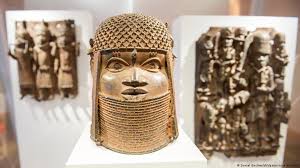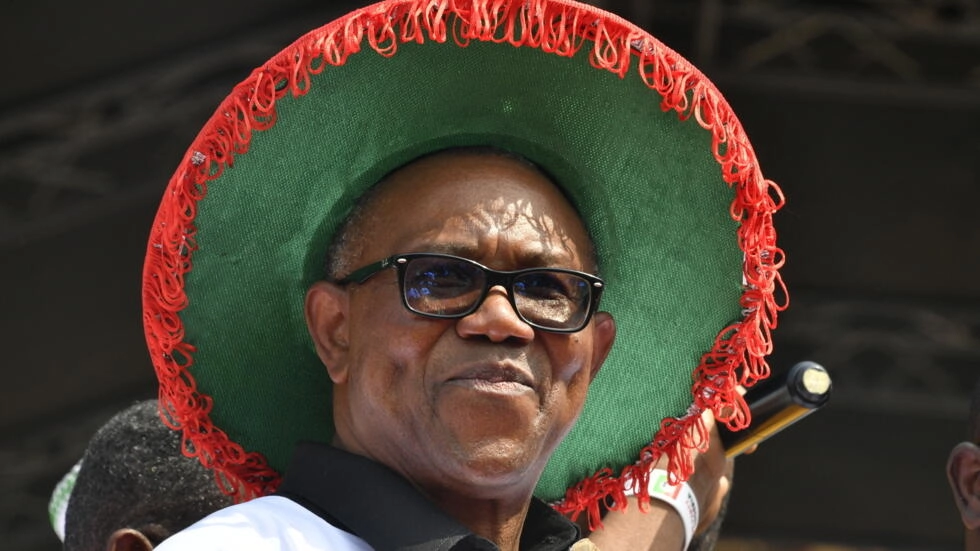A ceremony held in Nigeria on Tuesday (20 December), which saw twenty historic bronze sculptures returned to the country by Germany as part of efforts to address its “dark colonial past,” was the culmination of a years-long process that upended Germany’s approach to museum items looted during the colonial era.
Germany’s Foreign Minister Annalena Baerbock returned the prized cultural artifacts to Nigerian officials in a ceremony in the capital, Abuja. The sculptures, known as Benin bronzes, were looted from the West African country by British troops when it was under colonial rule. More than 5,000 ancient artifacts are estimated to have been looted from Nigeria by England when it colonized the country. “It was wrong to steal these bronzes. It was wrong to keep these bronzes and it is long overdue to return these bronzes to their home,” she said at the event.
The Minister of Culture of Nigeria, Lai Mohammed, welcomed this first restitution, thanking Germany for its “cooperation.” He also appealed to other nations and museums still holding Nigerian antiquities to “liberate” them, hammering home the point that these works are “our culture and our heritage” and that they have their “place” in Nigeria “and nowhere else.”
Most of the treasures were stolen from the royal palace of the Kingdom of Benin — now part of southern Nigeria — and some ended up in the custody of other foreign governments including Germany. In recent years, Nigerian authorities have intensified efforts to have the looted artifacts returned. Earlier this year, Germany pledged to repatriate more than 1,000 of them in the coming years. Nigeria is Germany’s second-largest trade partner in Africa and by returning the items it hopes to start a new chapter for future bilateral relations, said Baerbock.
In a legal sense, the twenty artifacts Baerbock brought with her belonged to Nigeria even before she took off from Berlin, because more than 1,100 bronzes in German museums have become Nigerian property since the countries signed an agreement in July.



